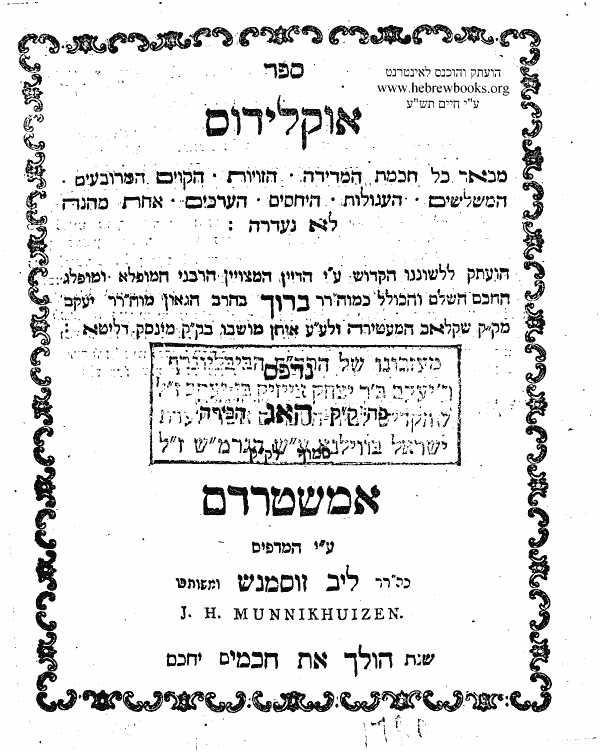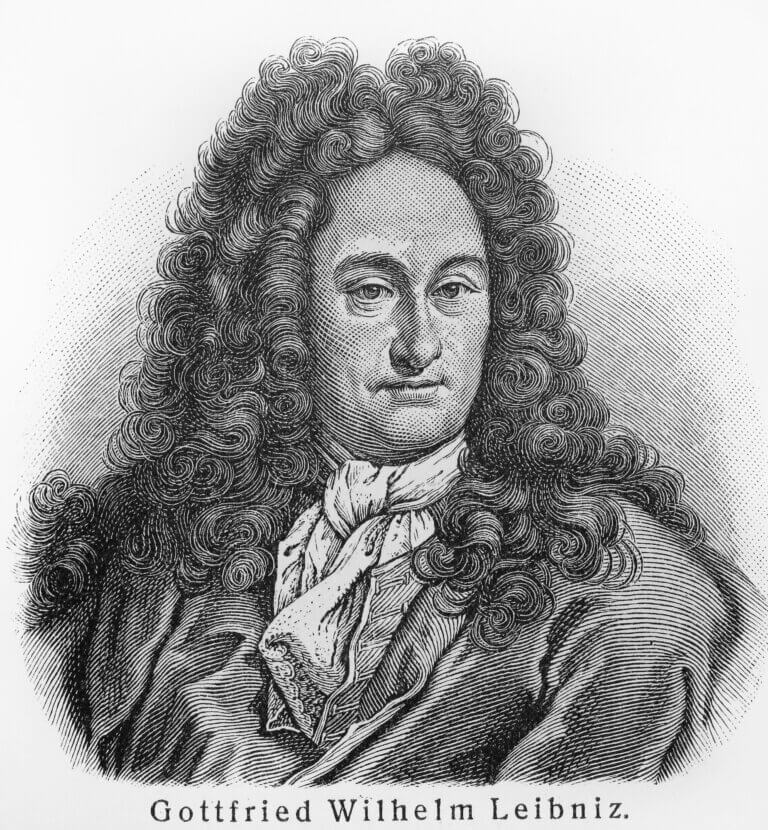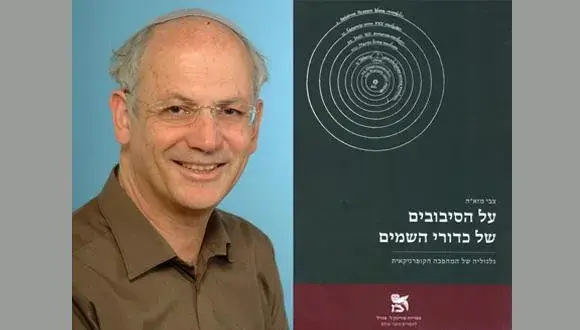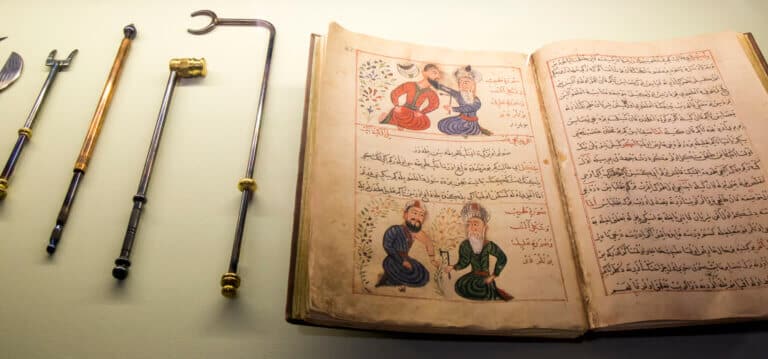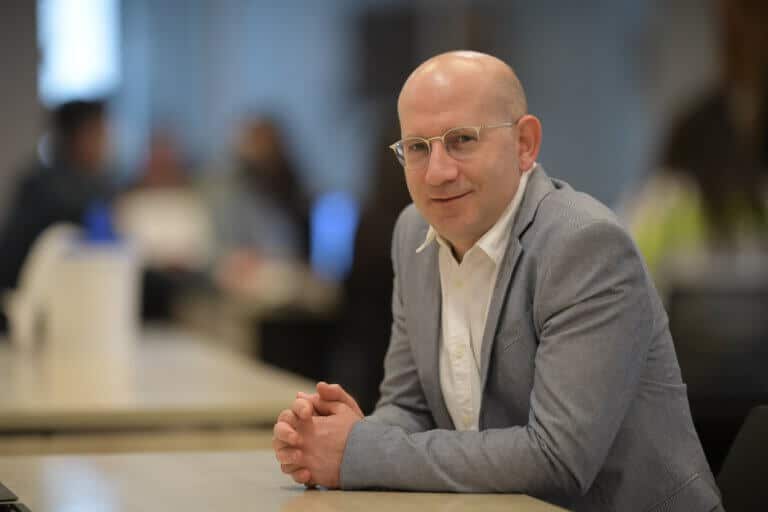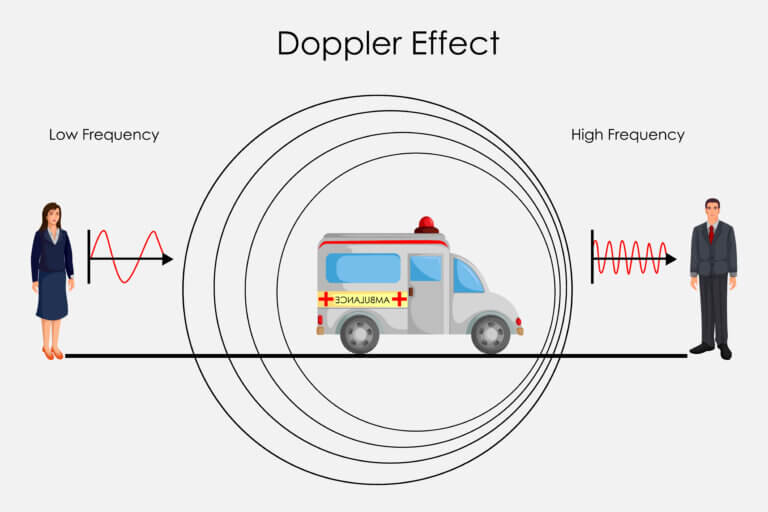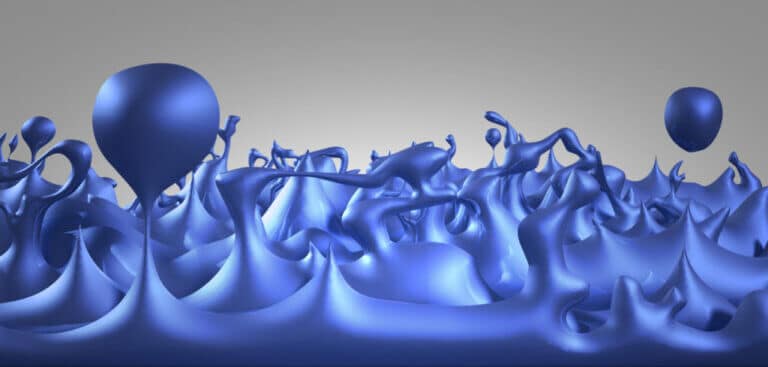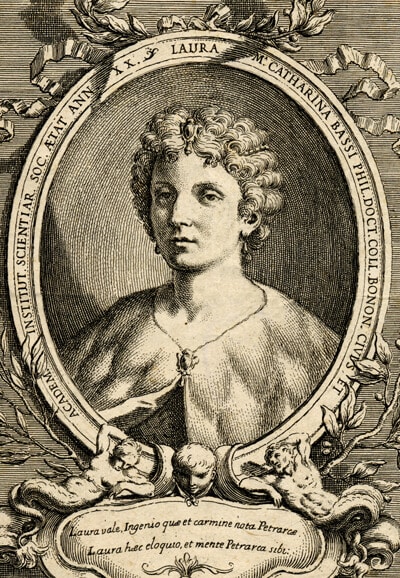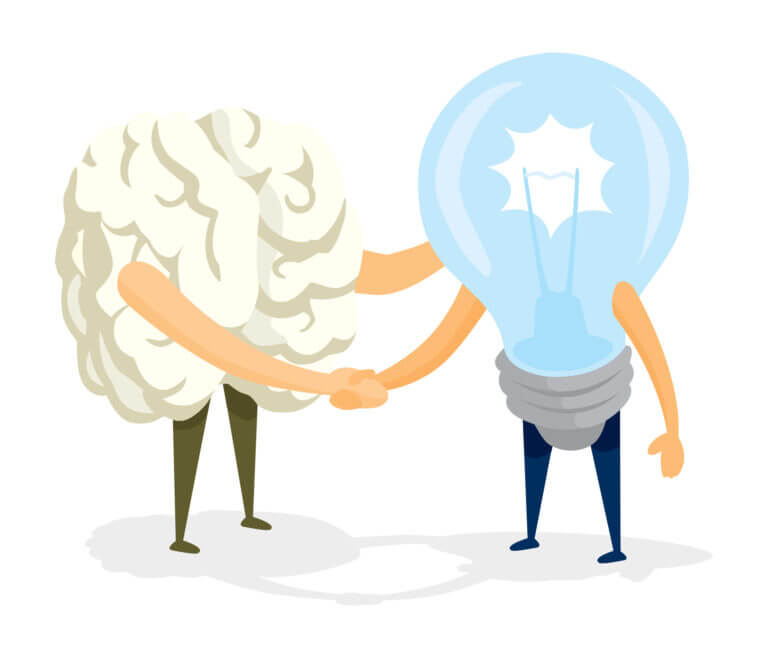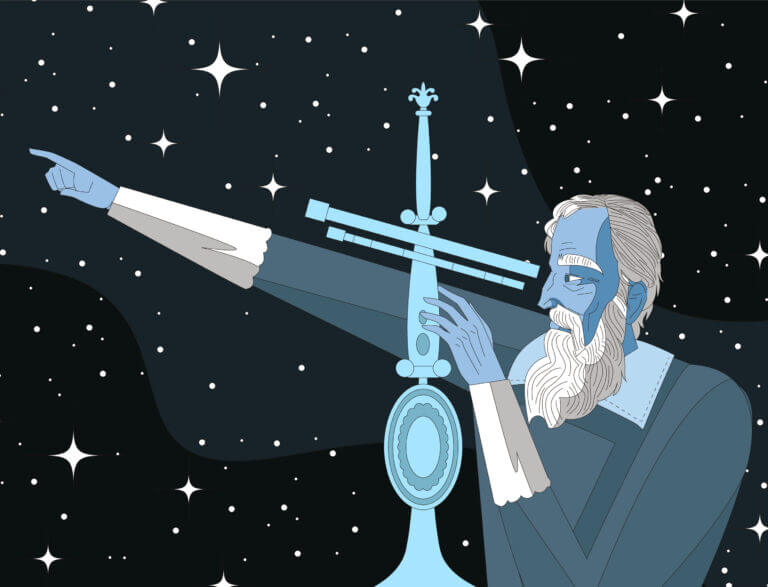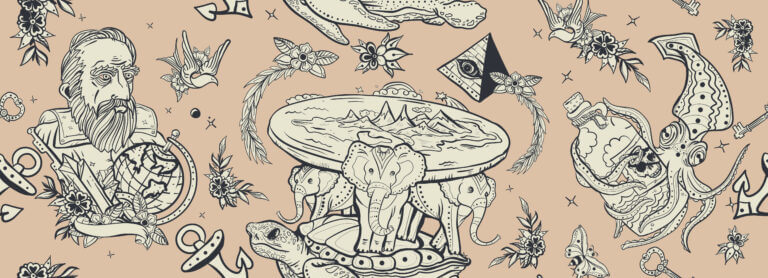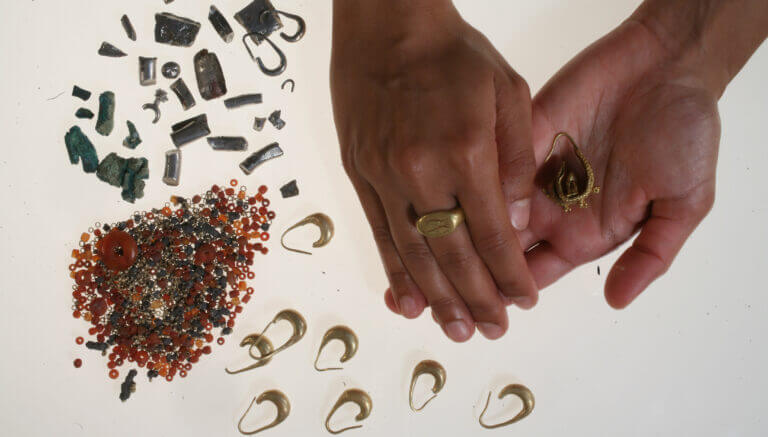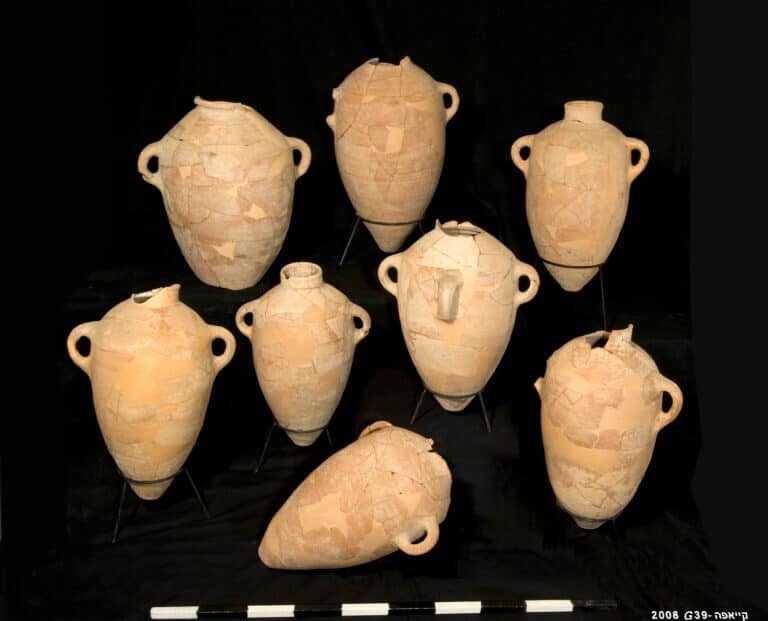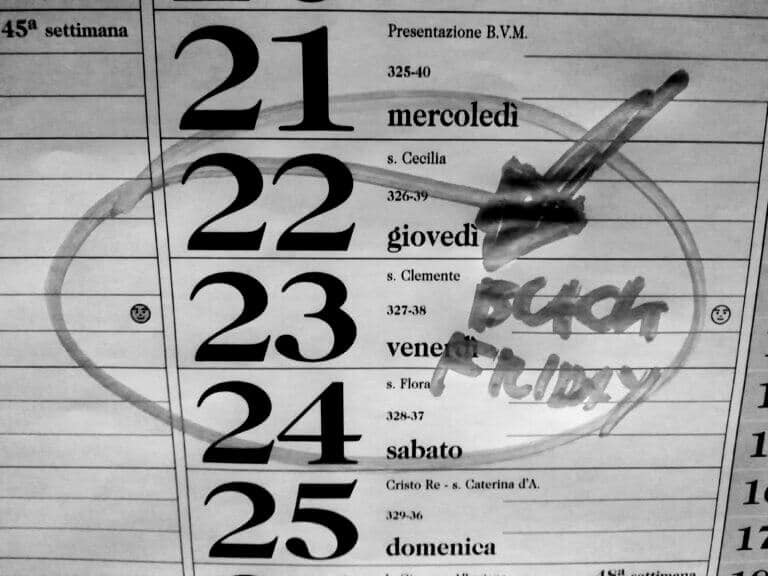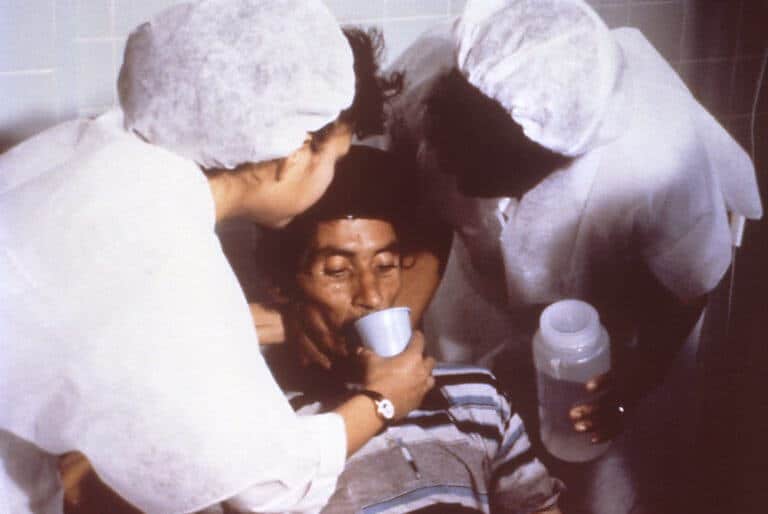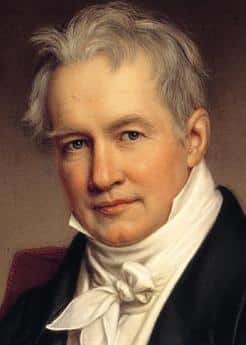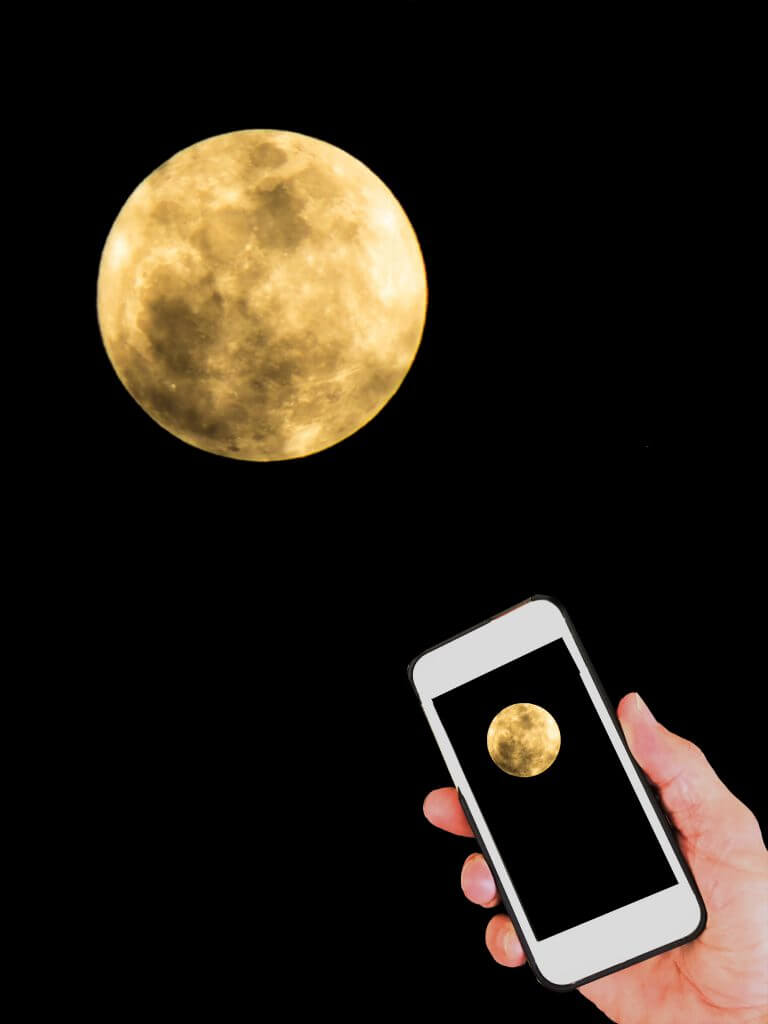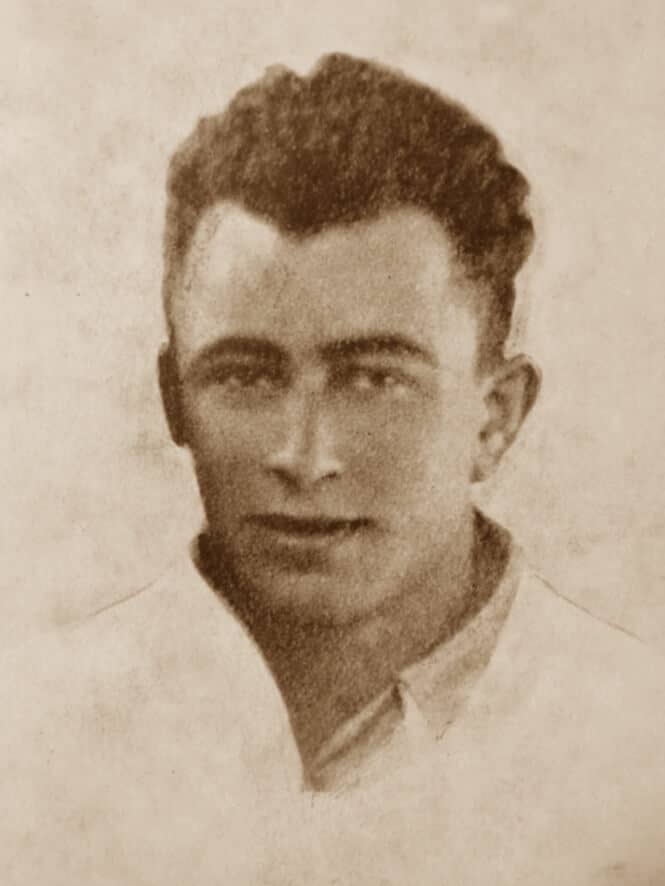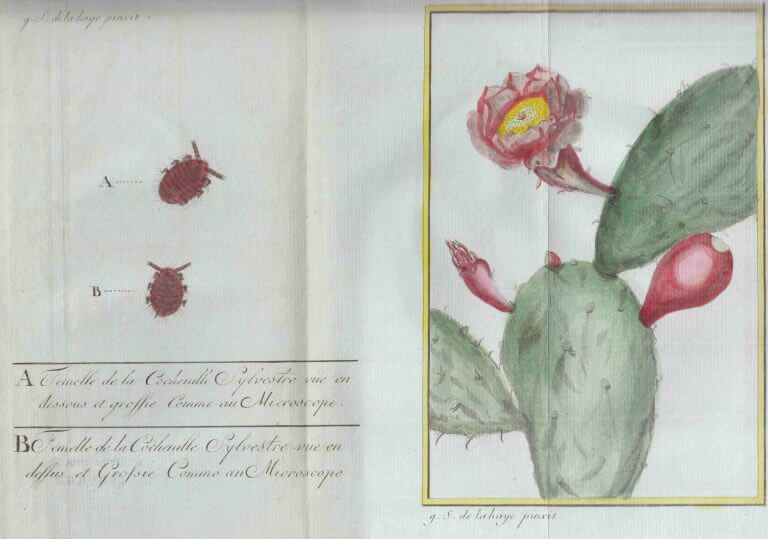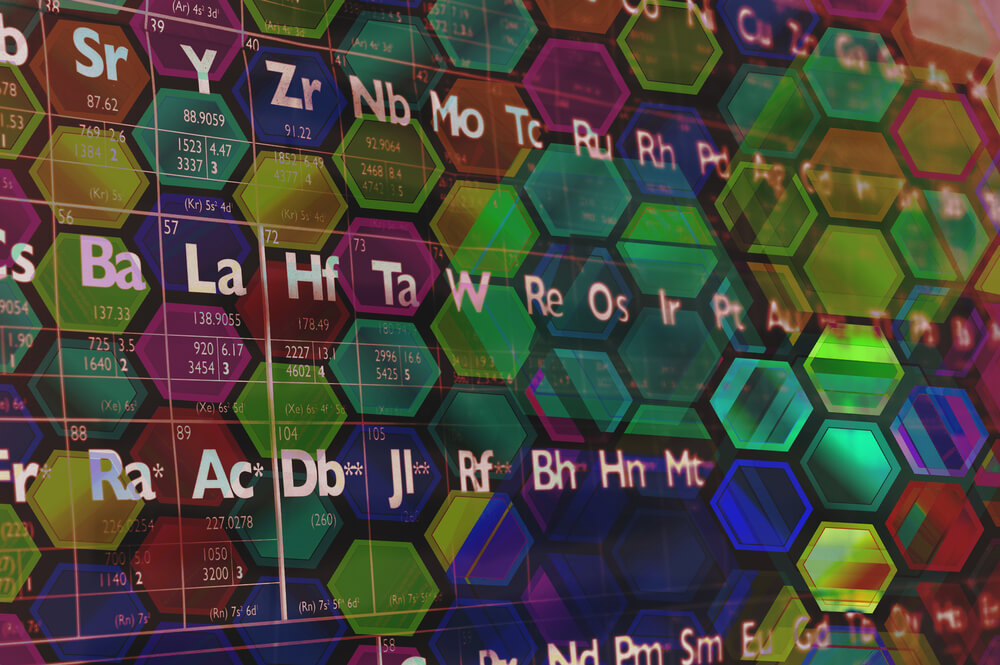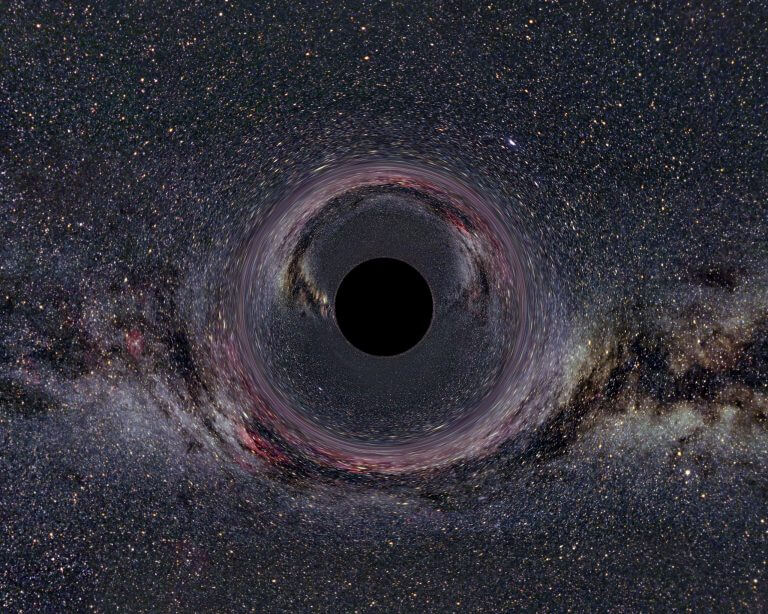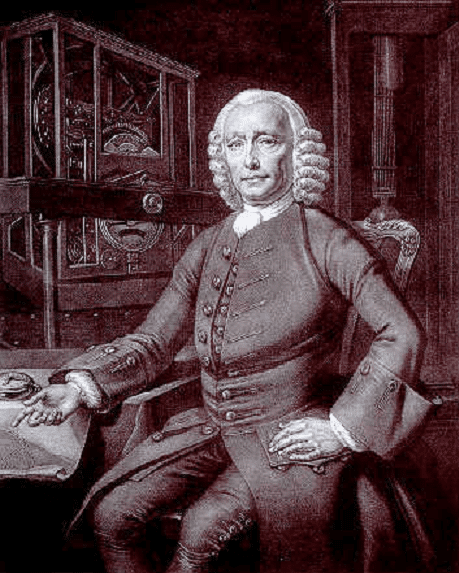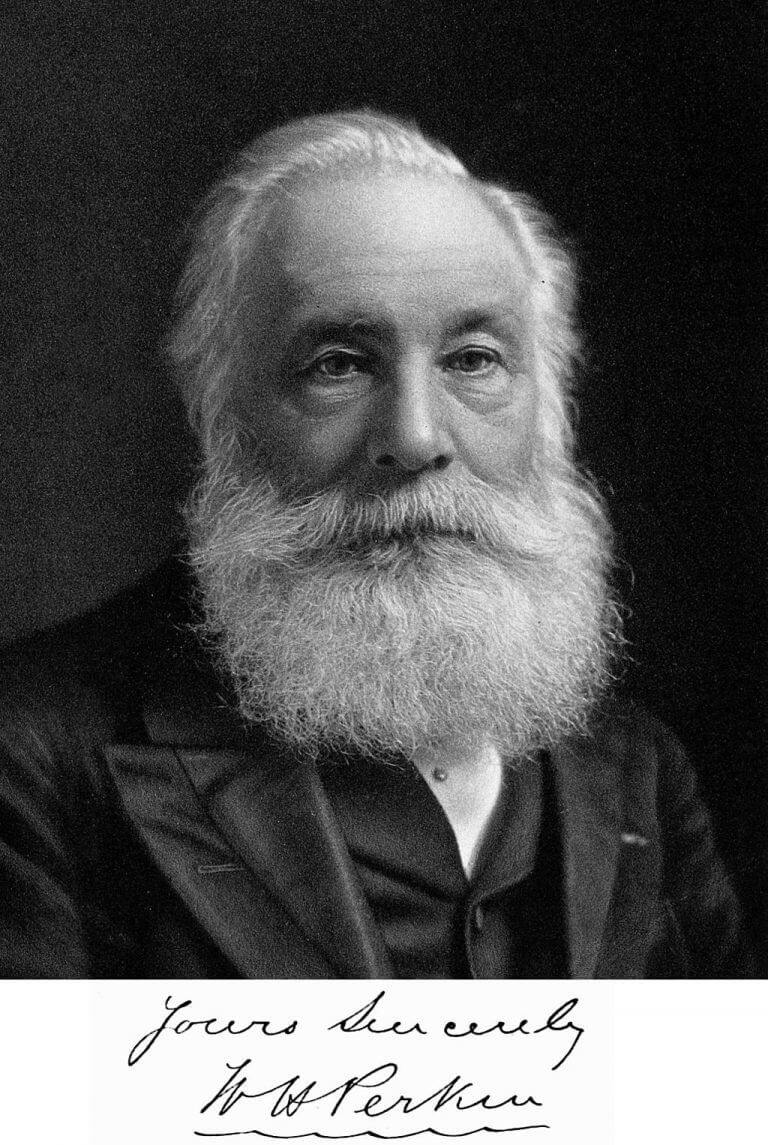Hayadan > Society and history > history > History of Science
History of Science
- The Voice of Science website - the Israel National Science Foundation
- December 7, 2023
Why did the Hippocratic doctors use a dangerous method of purification for centuries to cure diseases?
- The Voice of Science website - the Israel National Science Foundation
- November 8, 2023
Researchers examined the Hebrew translations of the "Elements" by Euclid and traced their origins
- The Voice of Science website - the Israel National Science Foundation
- September 25, 2023
Prof. Ohad Nachumi, Head of the Department of Humanistic Studies and Arts at the Technion, investigates the connection between the old and new world of thought in Leibniz's thought.
- Tel Aviv University
- January 21, 2022
The book published by Magnes, describes the scientific revolution that led to the understanding that the dome of the sky is only an optical illusion
- The Hebrew University
- December 7, 2021
A new study examines the social role of diseases in the 17th century, through a discussion held before the head of the Jewish court in Egypt, dealing with the appeal of a Jewish gentleman who suffered from life-threatening melancholy due to the accumulation of sperm due to his wife's physical distance
- Avi Blizovsky
- December 1, 2021
- One response
A new study examines the changes a person has undergone in using the different fingers on the palm for writing and how this affects the content we write
- Bar-Ilan University
- November 29, 2021
If you have ever stood on the side of a highway, or an ambulance passed you by at high speed, you must have noticed the change in tone that occurs exactly when the vehicle or the siren passes you by: the noise "drops" sharply from high to low tones, from treble to bass.
- Noam Chai
- November 1, 2021
- 4 תגובות
The Italian physicist Evangelista Torricelli was born in Rome to a humble and poor family. Although luck was not in his favor, his hard work paid off. He managed to reach the top of the Italian Academy and worked with the great scientist of the time, Galileo Galilei. His curiosity led his country, and then the entire world, towards a solution to a riddle that is more than two thousand years old - what is the nature of the vacuum? Torricelli's way of solving the problem was based on a simple experiment that contained a flask, a glass tube and mercury.
- Avi Blizovsky
- April 17, 2021
- No comments
Laura Bassi continuously fought to achieve equal conditions for women who chose an intellectual and professional career in public teaching and research institutions at a time when the universities and the world of academia in Italy and throughout the world were exclusively male environments. However, even the Pope was convinced and appointed her to the Academy of Sciences
- Dr. Amos Navon
- December 26, 2020
- 2 תגובות
Louis Pasteur claimed that accidental discoveries also require a prepared mind, is this always the case?
- Young Galileo
- November 14, 2020
- 8 תגובות
Galileo Galilei made many discoveries that changed the face of science as we know it today, but along the way he made several mistakes and drew wrong conclusions. Even the smartest scientists make mistakes! What can be learned from mistakes?
- Young Galileo
- October 24, 2020
- 8 תגובות
What kind of person was Galileo? How did his innovative world views develop? What was it like to live in Renaissance Florence and study at the University of Pisa?
- Tel Aviv University
- October 4, 2020
- 3 תגובות
Studies that started with a certain direction and ended up in completely different places
- The Hebrew University
- October 1, 2020
- One response
Three groups of storage and trading jars that were produced in different places in Israel in the 10th to 7th centuries BC were studied, and it was found that the only parameter common to all three, with great accuracy, is the diameter of the jugs' mouths, and its length is within the range of the various estimates given in the past for the degree of the handle
- Yoram Soreq
- July 4, 2020
- 5 תגובות
- Yoram Soreq
- May 9, 2020
- 12 תגובות
- Yoram Soreq
- April 10, 2020
- 2 תגובות
- Itai Nebo, editor of the Davidson Institute website
- September 21, 2019
- 8 תגובות
- Science site The Conversation
- July 17, 2019
- 6 תגובות
- Galileo - The Science Magazine
- May 7, 2019
- 8 תגובות
- The science service
- March 7, 2019
- No comments
- Sharon Gal Or
- January 31, 2019
- 4 תגובות
- Science site The Conversation
- December 30, 2018
- 2 תגובות
- Avi Blizovsky
- April 3, 2018
- 2 תגובות
- Avi Blizovsky
- March 12, 2018
- One response


